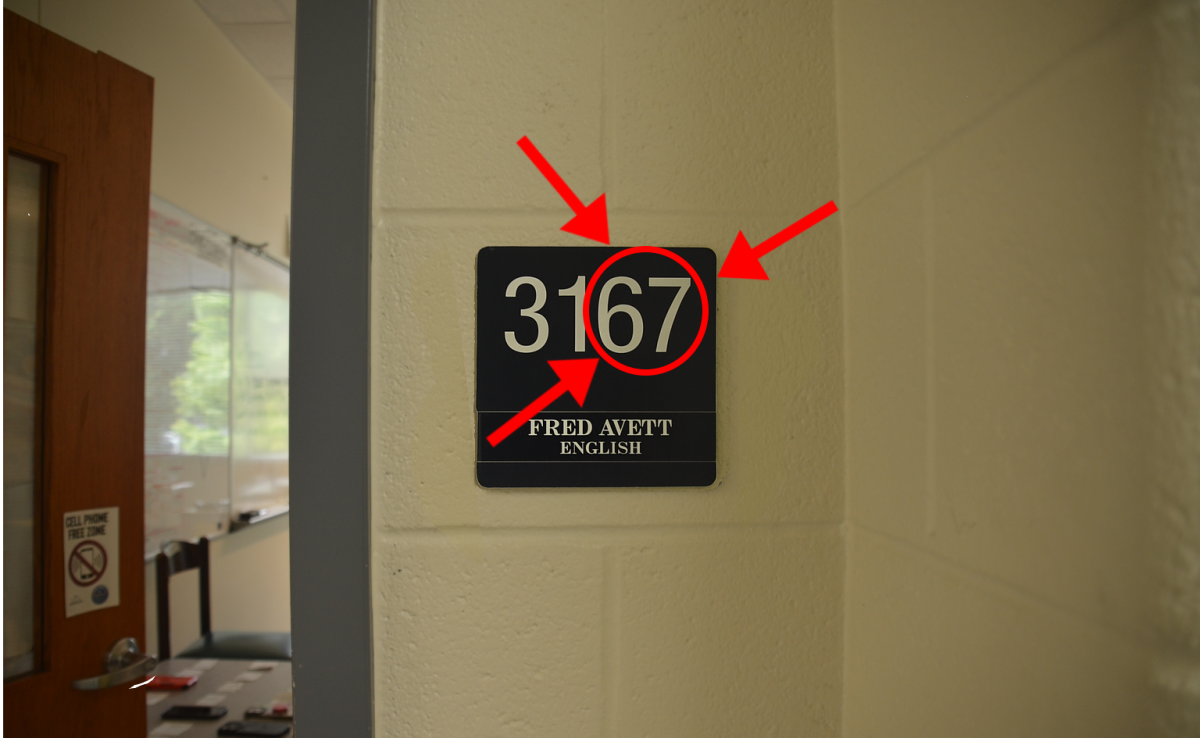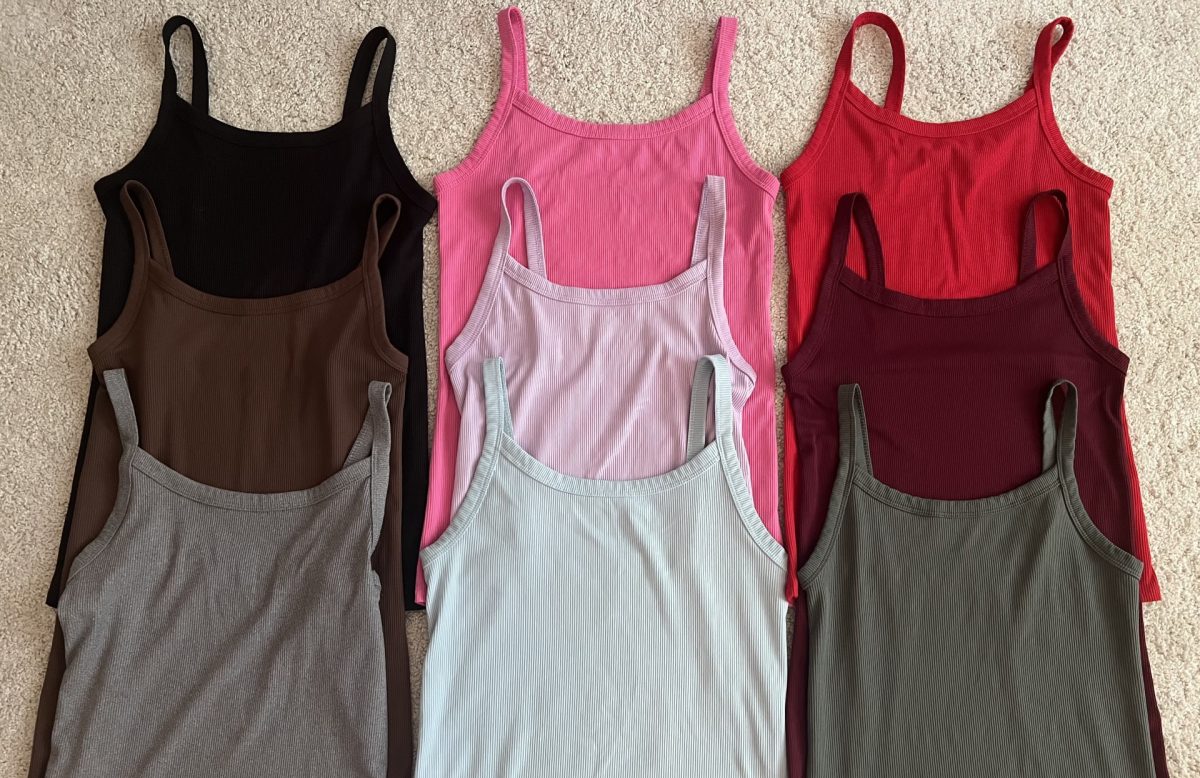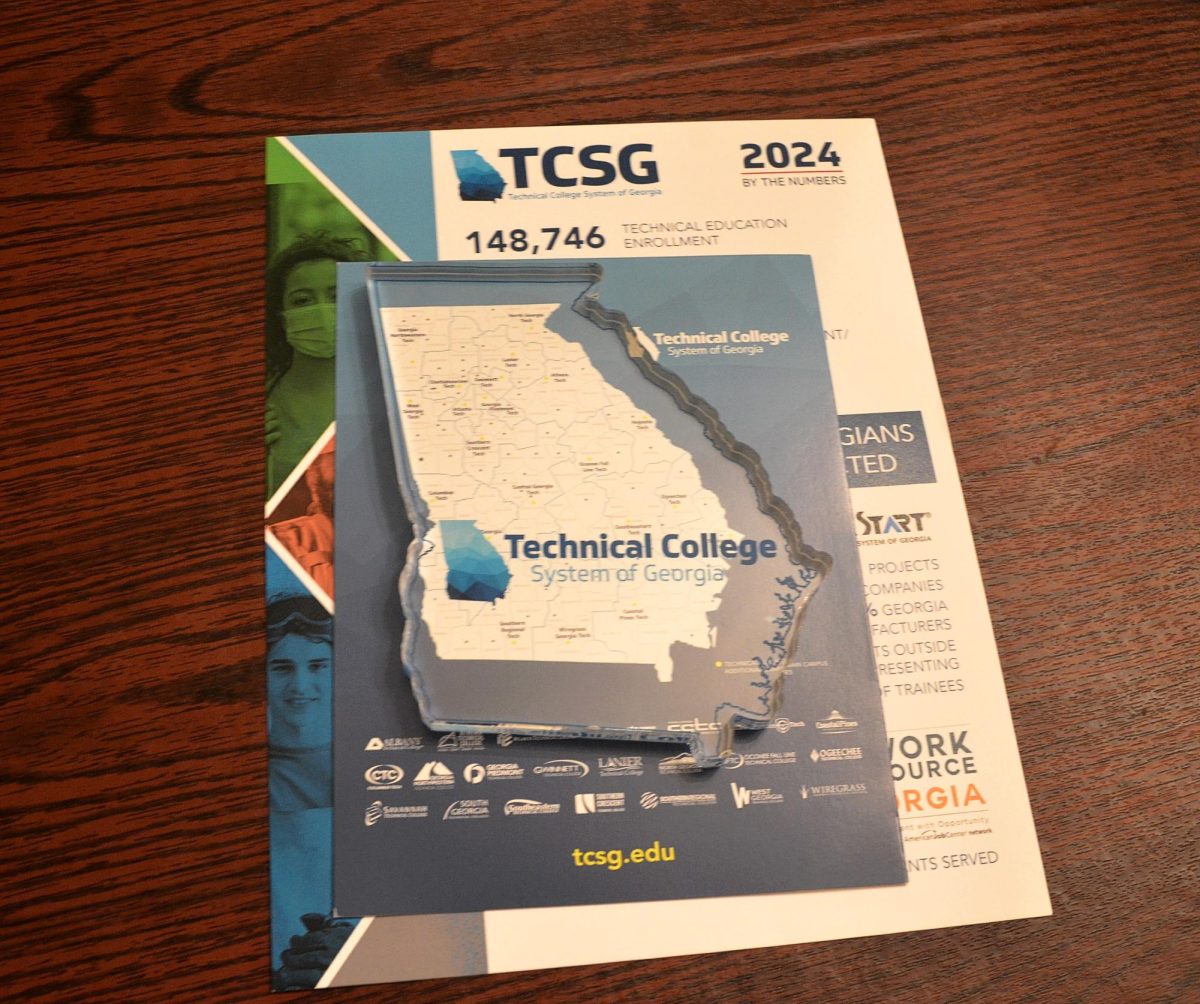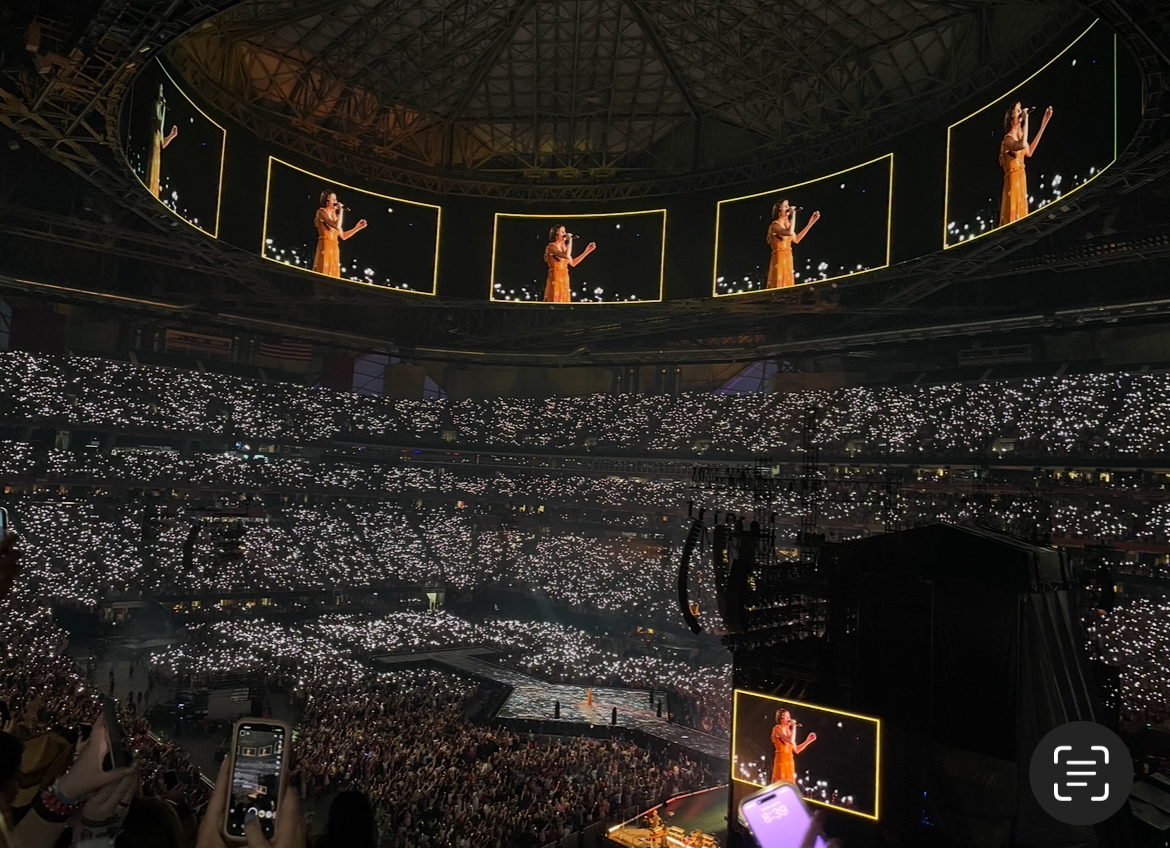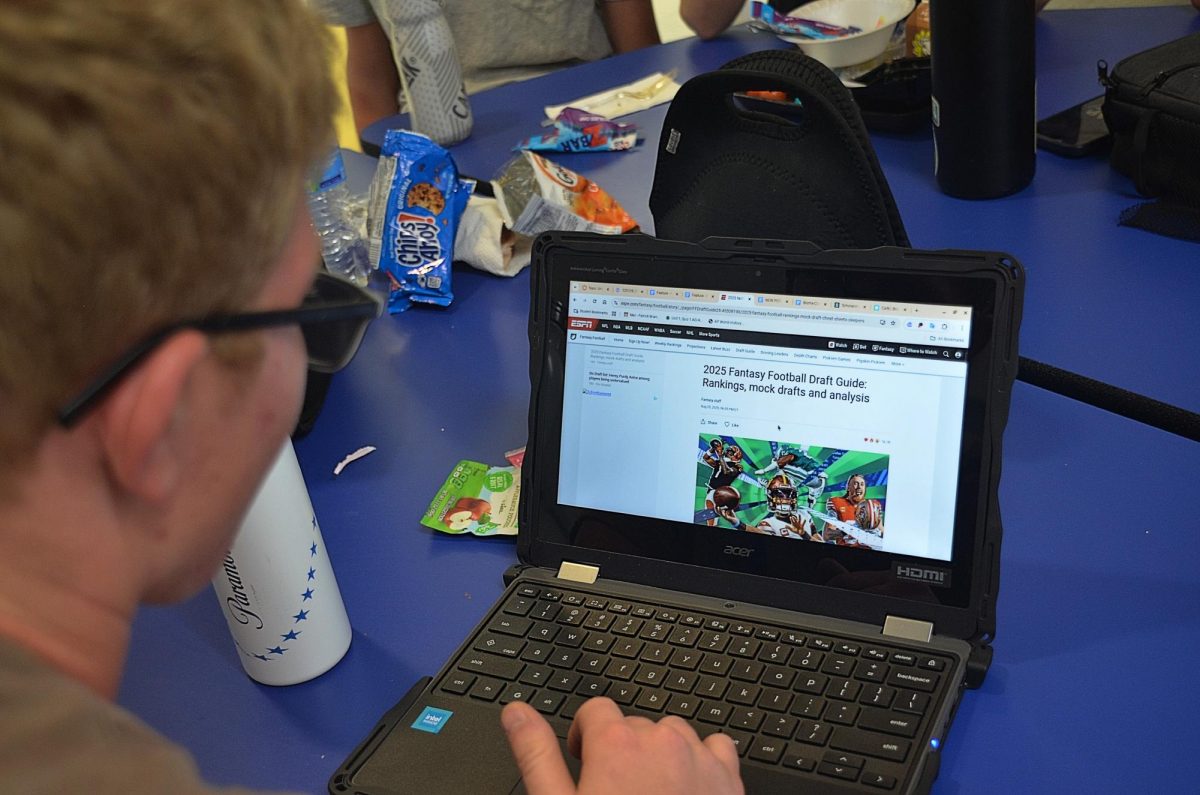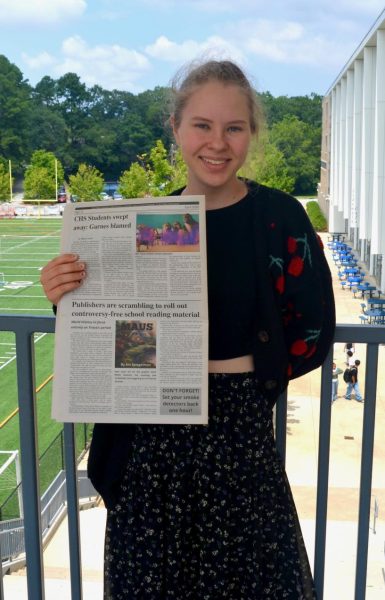On Wednesday, September 11, the presidential debate hosted by ABC aimed to compare Vice President Kamala Harris, the Democratic nominee, and Donald Trump the Republican presidential nominee to help voters make more informed decisions. The candidates participating aimed to sway voters’ decisions in the November presidential election. But did the candidates and the moderators meet their respective goals? As is often the case in our democracy, the answer to this question strongly depends on which Chamblee student you ask.
“I think the debate went poorly,” said a freshman who did not want her name used. “The candidates had difficulties really answering the questions.”
She is not alone in this opinion, as other students have expressed similar sentiments.
“It was less of a debate and more of a back and forth between the two, kind of getting back at each other,” said Lucas Parker (‘28).
Some expressed that watching the debate was enjoyable, albeit not because of their meaningful consideration of the candidates and the issues, which was the way moderators likely intended.
“I thought it was honestly very entertaining to watch [the debate] because of the way that I felt that Kamala Harris was just baiting Trump the whole time,” said Stella Bays (‘25). “It was honestly kind of comical to watch just how he took the bait every time.”
Opinions about the debate overall, as well as how it was moderated, may vary from opinions on how each candidate performed. As far as how each candidate performed individually, Chamblee students reached more of a consensus.
“I felt that Kamala really showed how educated she is, and she really dominated the debate,” said Bays. “Trump honestly just showed how weak of a leader he is and he showed that he really just doesn’t know what he’s doing.”
Penina Norman concisely expressed a similar opinion to Bays.
“Kamala Harris was winning,” said Penina Norman (‘28).
Despite the general belief that Harris appeared more composed and educated than Trump, it did not negatively influence Trump voters. An important debate aspect is to talk about policies and explain your goals in office. The goal is to attract voters with the same desired goals and mindset.
“I feel like Trump represented himself better because he made his points very clear on what he wanted to do, even if he didn’t really answer the questions,” said the first freshman. “He tried to make his motives very clear.”
But this view, like many others about the debate, is far from unanimous among Chamblee students.
“[Trump did] horrible. I don’t think he got any points across and was losing terribly.” said Norman.
To conclude, Chamblee students are very divided on debate opinions, but whether the debate will affect the outcome of the election remains to be seen. How the debate went also clearly differs from person to person. This difference of opinion illustrates the confirmation bias, that those who start watching the debate supporting one candidate will likely end the debate feeling similar. The debate really aims to sway undecided voters.
“[Who the Americans prefer] kind of only depends on personal preference’” said Parker. “I’m not sure if a Trump supporter would really think of Kamala as really impressing during that debate, but to people who really don’t have an opinion, I would say both of them represented themselves very well.”





